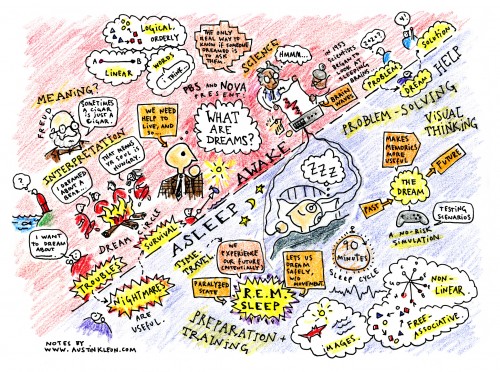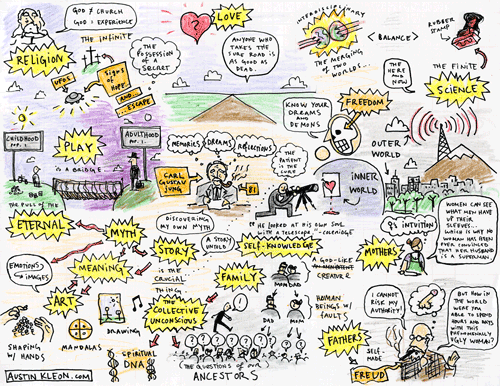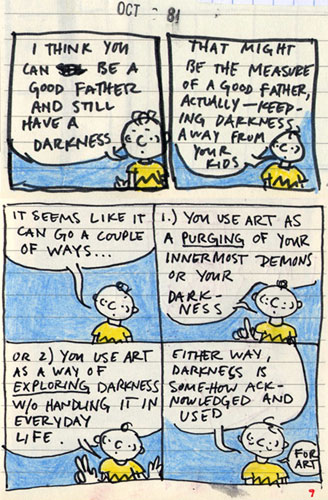
From author and psychologist Adam Phillips’ interview with The Paris Review:
“[I]f you live in a culture which is fascinated by the myth of the artist, and the idea that the vocational artistic life is one of the best lives available, then there’s always going to be a temptation for people who are suffering to believe that to become an artist would be the solution when, in fact, it may be more of the problem. There are a number of people whom you might think of as casualties of the myth of the artist. They really should have done something else. Of course some people get lucky and find that art works for them, but for so many people it doesn’t. I think that needs to be included in the picture. Often one hears or reads accounts in which people will say, Well, he may have treated his children, wives, friends terribly, but look at the novels, the poems, the paintings. I think it’s a terrible equation. Obviously one can’t choose to be, as it were, a good parent or a good artist, but if the art legitimates cruelty, I think the art is not worth having. People should be doing everything they can to be as kind as possible and to enjoy each other’s company. Any art, any anything, that helps us do that is worth having. But if it doesn’t, it isn’t.”
Emphasis mine. See also: Art Monsters.




